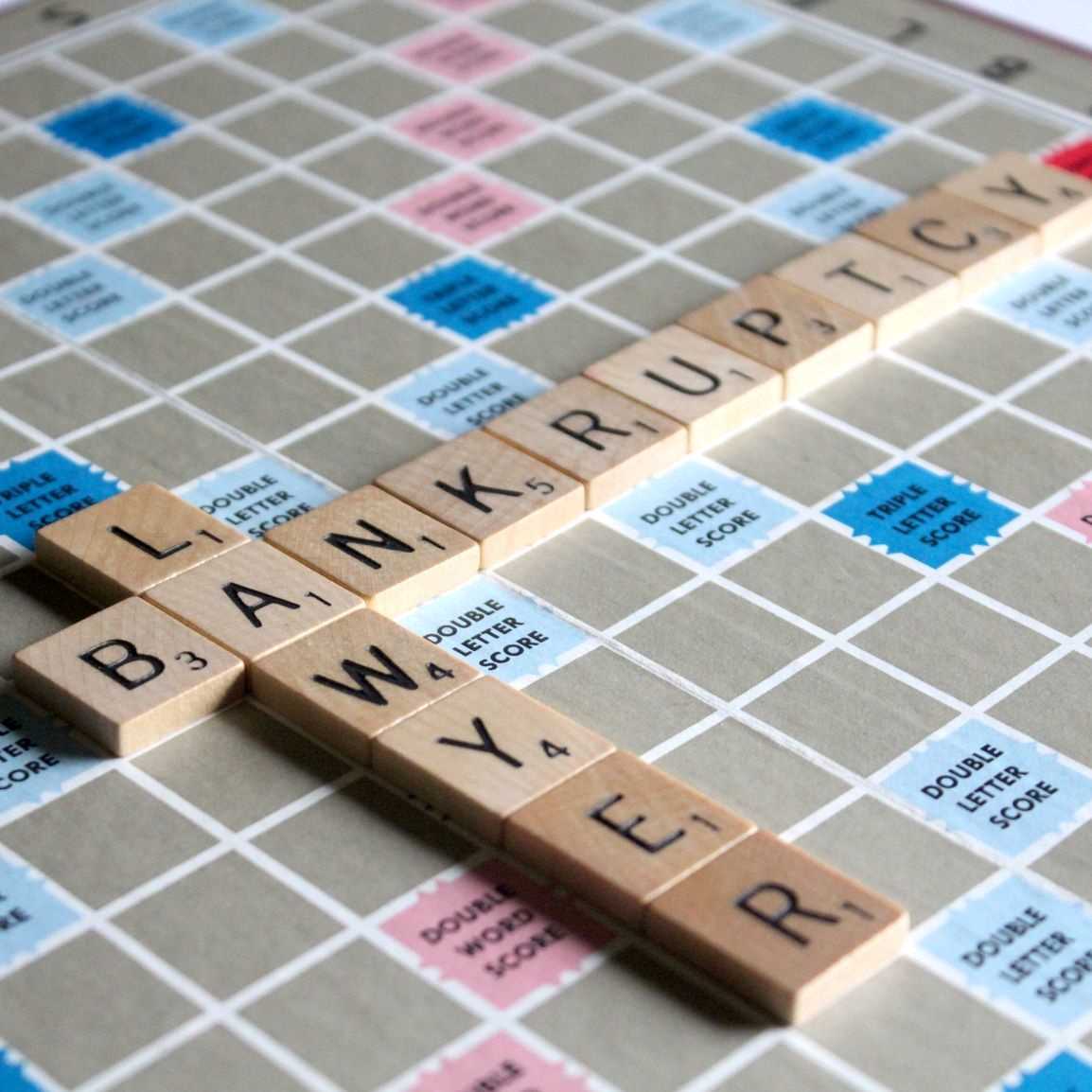16.06.2020
Representation of Creditor's Interests in Bankruptcy Proceedings
BBNP specialists successfully recovered the debt through the bankruptcy proceedings. The debtor's transactions made in previous periods were invalidated, and the assets were returned to the bankruptcy estate.
One of the BBNP clients faced the problem that a counterparty did not pay for deliveries for a long time and accumulated debt, which eventually amounted to a large amount. In response to its numerous requests to repay the debt, the client received only all sorts of promises from the debtor. In its turn, the due diligence of the company revealed that assets had been withdrawn and the company's activities had actually been terminated, which immediately led to court proceedings for debt collection, obtaining enforcement documents and filing a bankruptcy petition with a court.
Having obtained access to the company's internal documentation, transaction history and accounts, the arbitration receiver identified a number of shady transactions and filed a claim to challenge them¹, which allowed the key assets to be returned to the bankruptcy estate for the actual satisfaction of the creditor's claims.
When analyzing the information received from the arbitration receiver, BBNP lawyers identified a transaction for the sale of non-residential premises in exchange for promissory notes, which were not found on the company's balance sheet. Moreover, the issuer of these securities was a company that was also under bankruptcy proceedings. The specified circumstances served as the ground to challenge the said transaction.
The situation was complicated by the fact that by the time the transaction was challenged, the premises were resold to a third party. Thus, the counterparty tried to evade the return of the premises, referring to the fact that the premises were in the possession of a "bona fide purchaser".
In its turn, neither the buyer of the premises, nor the person who later received the premises into ownership, could justify the good faith of the purchaser of the premises, since the evidence of the actual payment for the premises was not provided to the court. In addition, the price of the premises at the subsequent resale was significantly lower than the purchase price. Based on the combination of these circumstances and more precise claims of the arbitration receiver, both said transactions were challenged, and the asset was returned to the bankruptcy estate.
As a result of the legal actions of the BBNP specialists, the client managed to conduct bankruptcy proceedings in respect of the debtor, return the assets to the bankruptcy estate and actually receive the amount of indebtedness.
In the course of commercial activity, counterparties do not always act in good faith. Often, the obligations to pay for goods and services, repay loans and pay losses, are not fulfilled properly. The amounts of this type of default can be significant enough that the debtor tries to withdraw all assets from the balance sheet and actually cease operations.
In the event that recovery is not possible on the basis of enforcement documents due to the lack of sufficient funds in the debtor's accounts, the only effective way to satisfy the claims of creditors is the bankruptcy proceedings against the debtor. This is quite a long process, but, despite this, it allows the creditor not only to challenge transactions made before bankruptcy but also to bring the founders and the head of the debtor to subsidiary liability.
_______________
¹ In accordance with paragraph 2 of Article 61.2. of Federal Law "On Insolvency (Bankruptcy)", the transaction made by the debtor with the goal to cause harm to creditors' property rights may be invalidated by an arbitration court, if such transaction was made within three years before the acceptance of the claim for declaring the debtor bankrupt or after acceptance of the said claim and as a result of making it, harm was caused to creditors' property rights, as well as if the other party to the transaction knew about the said debtor's goal by the time of making the transaction (a suspicious deal). It is presumed that the other party knew about it, if it is recognized as a related person or if it knew or had to know about infringement of interests of the debtor's creditors or about the signs of the debtor's insolvency or inadequacy of its assets.
Case Description
One of the BBNP clients faced the problem that a counterparty did not pay for deliveries for a long time and accumulated debt, which eventually amounted to a large amount. In response to its numerous requests to repay the debt, the client received only all sorts of promises from the debtor. In its turn, the due diligence of the company revealed that assets had been withdrawn and the company's activities had actually been terminated, which immediately led to court proceedings for debt collection, obtaining enforcement documents and filing a bankruptcy petition with a court.
Having obtained access to the company's internal documentation, transaction history and accounts, the arbitration receiver identified a number of shady transactions and filed a claim to challenge them¹, which allowed the key assets to be returned to the bankruptcy estate for the actual satisfaction of the creditor's claims.
When analyzing the information received from the arbitration receiver, BBNP lawyers identified a transaction for the sale of non-residential premises in exchange for promissory notes, which were not found on the company's balance sheet. Moreover, the issuer of these securities was a company that was also under bankruptcy proceedings. The specified circumstances served as the ground to challenge the said transaction.
The situation was complicated by the fact that by the time the transaction was challenged, the premises were resold to a third party. Thus, the counterparty tried to evade the return of the premises, referring to the fact that the premises were in the possession of a "bona fide purchaser".
In its turn, neither the buyer of the premises, nor the person who later received the premises into ownership, could justify the good faith of the purchaser of the premises, since the evidence of the actual payment for the premises was not provided to the court. In addition, the price of the premises at the subsequent resale was significantly lower than the purchase price. Based on the combination of these circumstances and more precise claims of the arbitration receiver, both said transactions were challenged, and the asset was returned to the bankruptcy estate.
Result
As a result of the legal actions of the BBNP specialists, the client managed to conduct bankruptcy proceedings in respect of the debtor, return the assets to the bankruptcy estate and actually receive the amount of indebtedness.
For Reference
In the course of commercial activity, counterparties do not always act in good faith. Often, the obligations to pay for goods and services, repay loans and pay losses, are not fulfilled properly. The amounts of this type of default can be significant enough that the debtor tries to withdraw all assets from the balance sheet and actually cease operations.
In the event that recovery is not possible on the basis of enforcement documents due to the lack of sufficient funds in the debtor's accounts, the only effective way to satisfy the claims of creditors is the bankruptcy proceedings against the debtor. This is quite a long process, but, despite this, it allows the creditor not only to challenge transactions made before bankruptcy but also to bring the founders and the head of the debtor to subsidiary liability.
_______________
¹ In accordance with paragraph 2 of Article 61.2. of Federal Law "On Insolvency (Bankruptcy)", the transaction made by the debtor with the goal to cause harm to creditors' property rights may be invalidated by an arbitration court, if such transaction was made within three years before the acceptance of the claim for declaring the debtor bankrupt or after acceptance of the said claim and as a result of making it, harm was caused to creditors' property rights, as well as if the other party to the transaction knew about the said debtor's goal by the time of making the transaction (a suspicious deal). It is presumed that the other party knew about it, if it is recognized as a related person or if it knew or had to know about infringement of interests of the debtor's creditors or about the signs of the debtor's insolvency or inadequacy of its assets.



